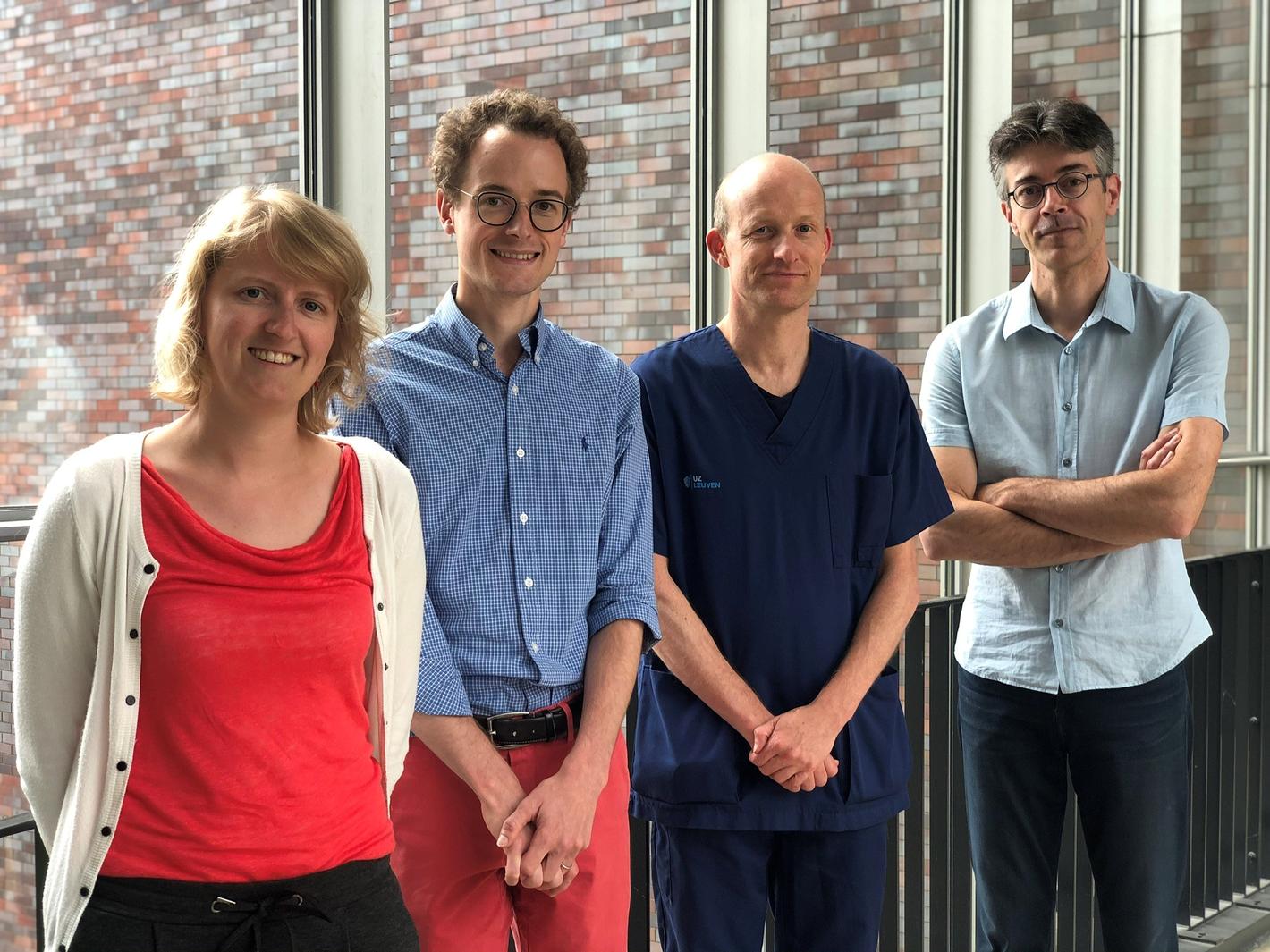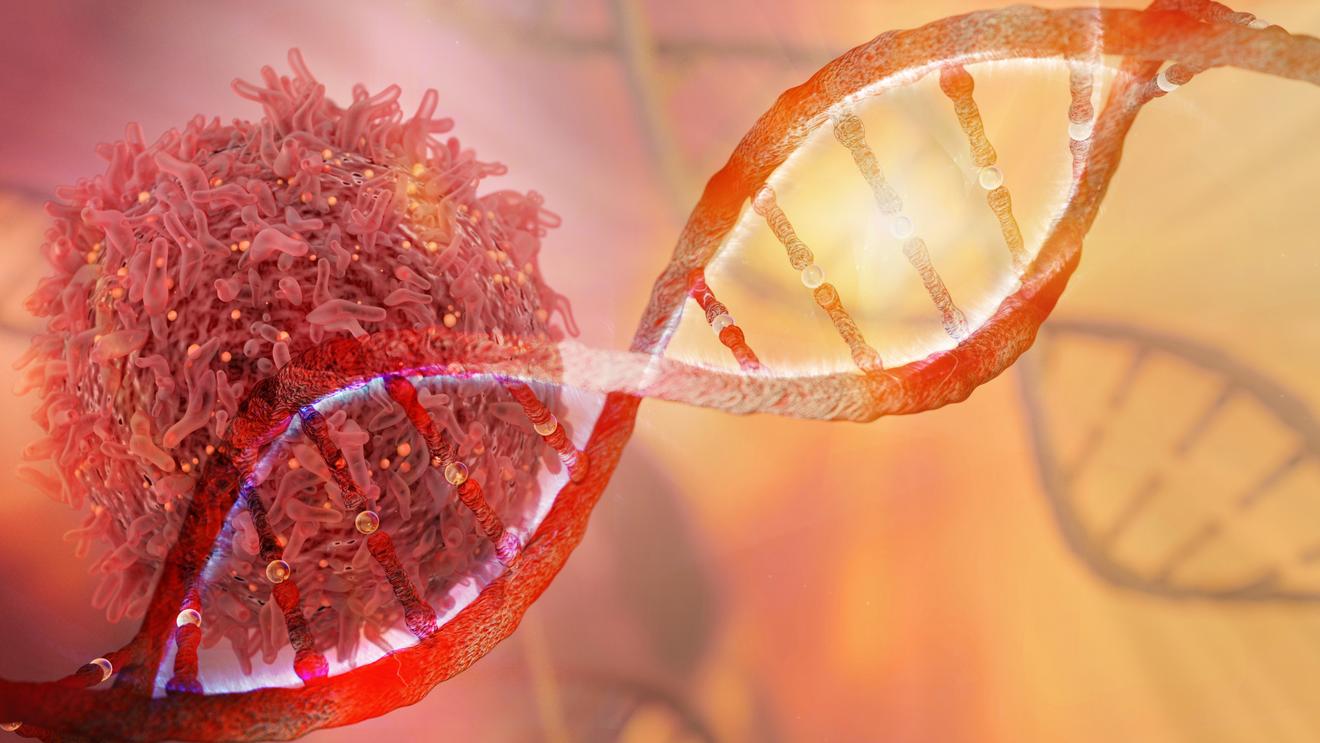In case of lymph node cancer, something goes wrong with the lymphocytes, a type of white blood cells that are part of the immune system. In rare cases, tumours develop, more specifically lymphoma of the T-cell type, which leads to an aggressive form of lymph node cancer which is difficult to treat today. Less than one in three patients is still alive 5 years after the diagnosis.
Genetic anomaly
Leuven researchers were looking for a better understanding of what goes wrong in the ill blood cells. The examined the RNA of 55 patients. RNA is a deviation of DNA, our genetic material, and is the intermediary for producing proteins. Research into RNA allows the detection of so-called gene fusions. These are anomalies that accidentally combine two different genes.
Prof. dr. Daan Dierickx, haematologist and principal investigator of the trial: “We've known for a while that genetic anomalies play a part in the development of blood cancers, but we thought that there was a big variety in gene fusions for T-cell lymphoma. Surprisingly we found the same gene fusion in the RNA in 8 of the 55 patients in our trial. This is the most frequent gen fusion ever discovered in T-cell lymphoma, which indicates it is an exceptionaaal strong driver of the disease.”
We discovered one of the most frequent gene fusions ever in T-cell lymphoma, which indicates that this is an exceptionally strong driver of the disease.Prof. dr. Daan Dierickx, haematologist at UZ Leuven
Therapeutic target
In further experiments, the researchers discovered that the anomaly drives a signal which makes cells grow and divide abnormally.
Dr. Koen Debackere, haematologist and doctoral student: “To us, this seemed like an interesting therapeutic target: maybe we can weaken the signal with a drug and cause the lymphoma cells to die off. As it so happens, there is already a drug on the market that specifically acts on this target. In our first tests in the cells of lab mice with the same genetic anomaly, the drug successfully stopped the growth of the ill T-cells.”
From mice to humans
In a next step the researchers want to test whether the drug also works as well in patients. Prof. dr. Dierickx: “It's a big advantage that the drug is already being used for other haematological disorders and that the first clinical trials in humans have already taken place. This makes the step towards the clinical practice a lot smaller.”
The trial was set up in collaboration with the lab for Molecular Biology for Leukaemia (prof. Jan Cools, VIB-KU Leuven), the pathology department (prof. dr. Thomas Tousseyn) and a number of international centres. The researchers wish to thank the Fonds Tom Debackere voor Lymfoomonderzoek, Stichting Tegen Kanker and Kom Op Tegen Kanker for their financial support.

The principal investigators of the trial, from left to right: postdoc Marlies Vanden Bempt, dr. Koen Debackere, prof. dr. Daan Dierickx and prof. Jan Cools.
